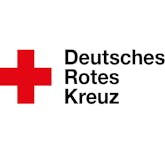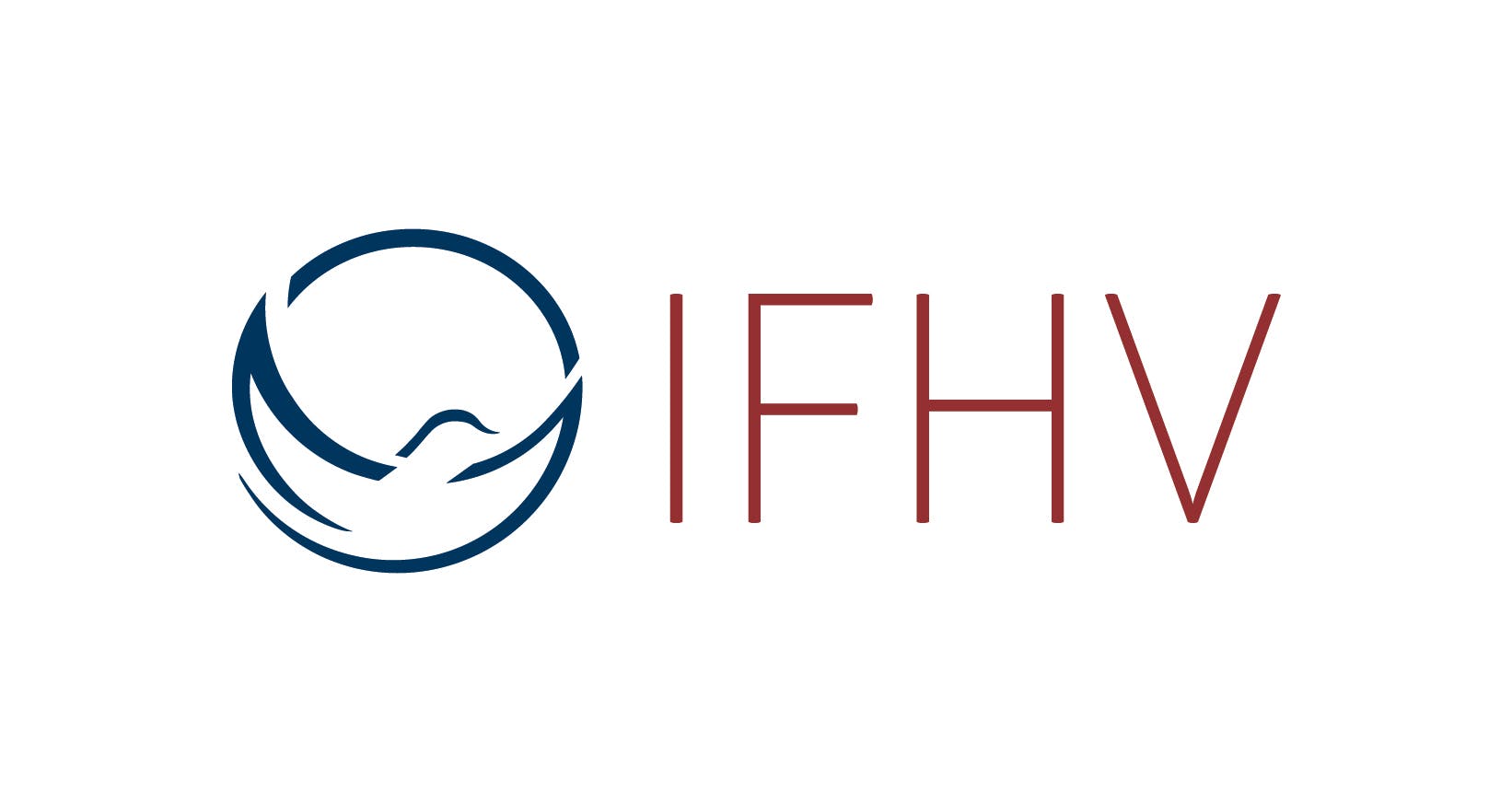Anticipatory Humanitarian Action in Conflict Settings
Fully booked
Anticipatory Action means acting prior to the onset of predictable hazards and, thus, aiming at reducing their impact and overall reducing human suffering and losses. Programs and projects of anticipatory action are currently being implemented in non-conflict context and mostly focused on extreme events linked to weather- and climate-related hazards, however it is evident that places with a high likelihood to be impacted by climate change are the ones affected by armed conflict and violence, which poses major challenges in the humanitarian sector and it is likely to disproportionately affected conflict affected populations severely. In this course, you will explore the potential of setting up AA in situations of armed conflict by looking at two perspectives: a. AA for climate related hazards in context already affected by conflict and b. the anticipation of humanitarian impacts of conflict. You will find out which opportunities, challenges and risks lie in setting AA system for both objectives. The training has an exploratory character and is aimed at participants with previous knowledge in the field of FbF and anticipatory action.
After introducing the concept of Anticipatory Action, current funding mechanisms and its challenges in conflict contexts, the course focuses on existing approaches how to operate in conflict contexts, different actors and their positions. You will furthermore identify options to apply the acquired knowledge in their immediate working environment. Examples will be taken from both larger humanitarian agencies such as Red Cross Red Crescent Movement, UN agencies, the START Network as well as smaller NGOs. The training is part of aha's certification scheme and can be credited towards a Certificate of Advanced Studies in "Anticipatory Humanitarian Action".
You will learn
What the current state of research and the role of different actors look like
Which available concepts for anticipatory action in conflict contexts exist and which possibilities and limitations these offer
Which different challenges and opportunities can be expected for two main types of approaching the topic of anticipatory action in conflict contexts: (1) anticipating the impact of extreme weather events in conflict situations, or (2) anticipating the humanitarian impact of new/ intensifying conflicts (see Wagner and Jaime, 2020)
Which challenges, opportunities and risk it bares to set up AA systems in situations of conflict, including an understanding of forecasting models for both climate in conflict affected countries and to predict conflict, understanding compound risks as basis to set up decision making processes and select early actions
Target group
Staff of humanitarian NGOs with several years of professional experience, preferably in countries/contexts with conflict, fragility or displacement, participants of the course "Introduction to the Mechanisms of Anticipatory Humanitarian Action"
Schedule
Session 1
Basics of anticipatory action in conflict contexts; group “battle” on pros and cons for expanding anticipation to conflicts
German Red Cross
Lecturer

The German Red Cross (GRC) is one of the largest national Red Cross Societies and currently active in around 50 countries in Africa, Asia, the Middle East and Latin America. Since 2013, the Red Cross and Red Crescent Movement has been actively working to bring anticipatory approaches to the forefront of humanitarian action through pilot projects. In close cooperation with the International Federation of Red Cross and Red Crescent Societies and the Red Cross Climate Centre, the GRC was able to test the implementation of the Forecast-based Financing approach (FbF) in several project countries and refine the methodology on behalf of the German Federal Foreign Office. Further cooperation exists with various humanitarian partners such as the World Food Programme, The United Nations Office for Humanitarian Affairs (UN-OCHA), Welthungerhilfe and the international donor community.
Sources
Wagner, M. & Jaime, C. (2020). An Agenda for Expanding Forecast-Based Action to Situations of Conflict, in: GPPi Working Papers. Available Online.
27.9.2021 - 08.10.2021
24 hours of training
Online Event
 This training is organized by the Institute for International Law of Peace and Armed Conflict.
This training is organized by the Institute for International Law of Peace and Armed Conflict.